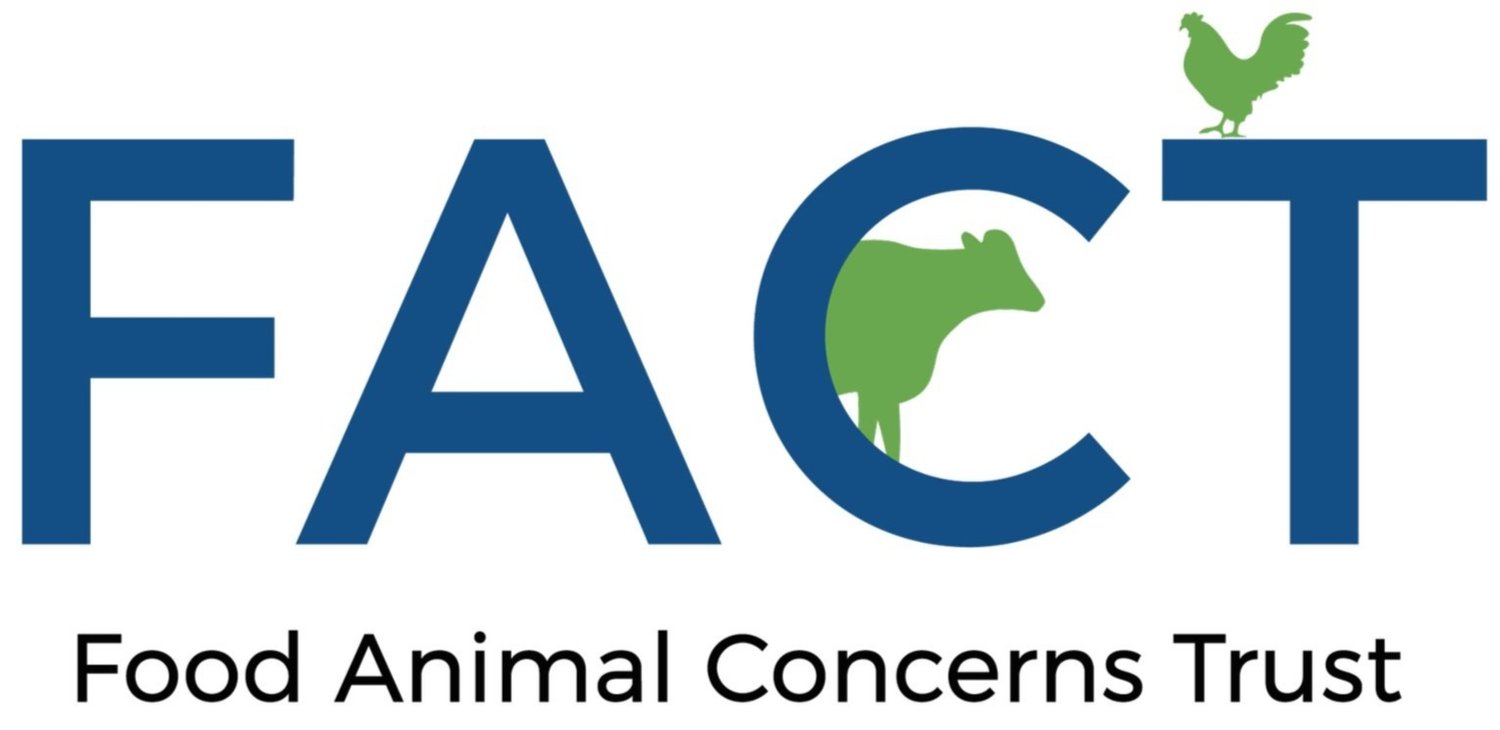Senator Booker Calls Out The FDA for Backsliding on Fighting Superbugs
By Madeleine Kleven and Steve Roach, FACT’s Safe and Healthy Food Team
Last week, Senator Cory Booker sent a letter to the U.S. Food and Drug Administration (FDA) urging them to address major gaps in the Agency’s efforts to preserve our antibiotics and slow the spread of antibiotic-resistant superbugs. As we have echoed in various blogs and agency letters, the FDA is not doing enough to stop the misuse and overuse of antibiotics in industrial animal agriculture - use which is driving the spread of antibiotic-resistant germs that threaten the lives of countless animals and people.
In the last year, the FDA has proposed revisions which would considerably weaken one of its Guidances for Industry, (documents which provide guidelines and recommendations from the FDA on various topics) specifically GFI#152. The FDA introduced another guidance in draft form, GFI #273, that further undermines the Agency's efforts to stop the spread of superbugs. As the Senator’s letter states, “the FDA’s revisions to [the Guidances] would worsen the catastrophic impacts of antimicrobial resistance, caused by the overuse of antibiotics in animal agriculture in concentrated operations.” Antimicrobial resistance is the ability of a germ to survive the effects of a drug intended to treat it.
What are GFI #152 and GFI #273?
In 2016, the FDA began a very important initiative to address resistant superbugs - getting drug makers to voluntarily prohibit the continuous use of medically important antibiotics in food animals. The more an antibiotic is used over time, the more likely that resistance will develop to that antibiotic creating difficult to treat superbugs. That is where draft guidance (GFI#273) comes in. It directs drug makers to set time limits on how many days a drug can be used in an animal without another order from a veterinarian. However, the guidance as proposed requires that all decisions about durations -- the focus of the guidance -- be based solely upon animal health benefits on a case-by-case basis, with human safety data on antibiotic resistance completely excluded. The current draft allows drug makers to set a duration long enough for any animal health “scenarios that might sometimes be encountered in the United States.”
GFI #152, which was first finalized in 2003 describes how drug makers should assess whether or not a new use of an animal drug is safe with regard to human health, specifically with respect to superbugs. GFI #152 recommends that drugs not be used for more than 21 days in groups of animals if the assessment finds the use of the drug creates a superbug risk to human health. FACT and KAW have argued that the FDA should adopt the same 21-day limit for GFI #273. If a drug maker wants a longer duration, they should provide data showing the longer duration of use is safe. As of now, not only has the FDA not adopted the 21-day limit, but the FDA is rewriting GFI#152, asking drug makers to now consider animal health needs as part of the safety assessment of a drug. This is unacceptable. The letter from Senator Booker summarizes our concerns by saying, “These revisions would undermine the safety standards applied to new animal drugs by allowing animal health concerns to be the determining factor in human safety decisions about drugs used in food-producing animals. This will set a dangerous precedent by prioritizing the needs of the regulated industry over the FDA’s primary mission to protect public health.”
The letter presents six questions to the FDA, pointedly inquiring how the Agency plans to address the growing antibiotic resistance crisis and whether its obligation lies with the industrial agriculture sector or the public health. The letter requests answers to the questions by September 1, 2024. Hopefully, the letter will spur change in the FDA and an evaluation of these guidances as well as their slow, ineffective approach to addressing antibiotic resistance.
